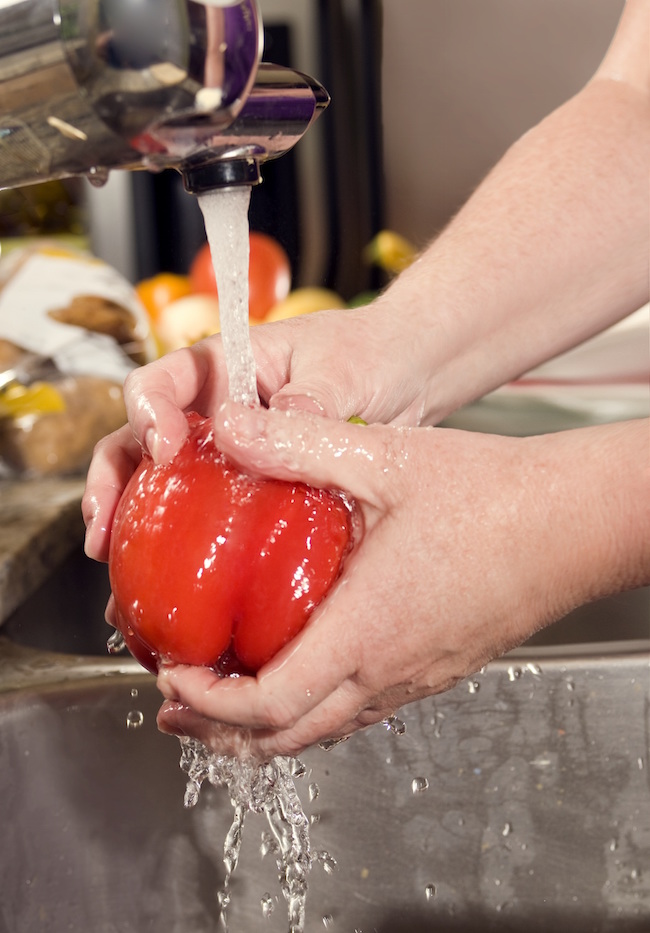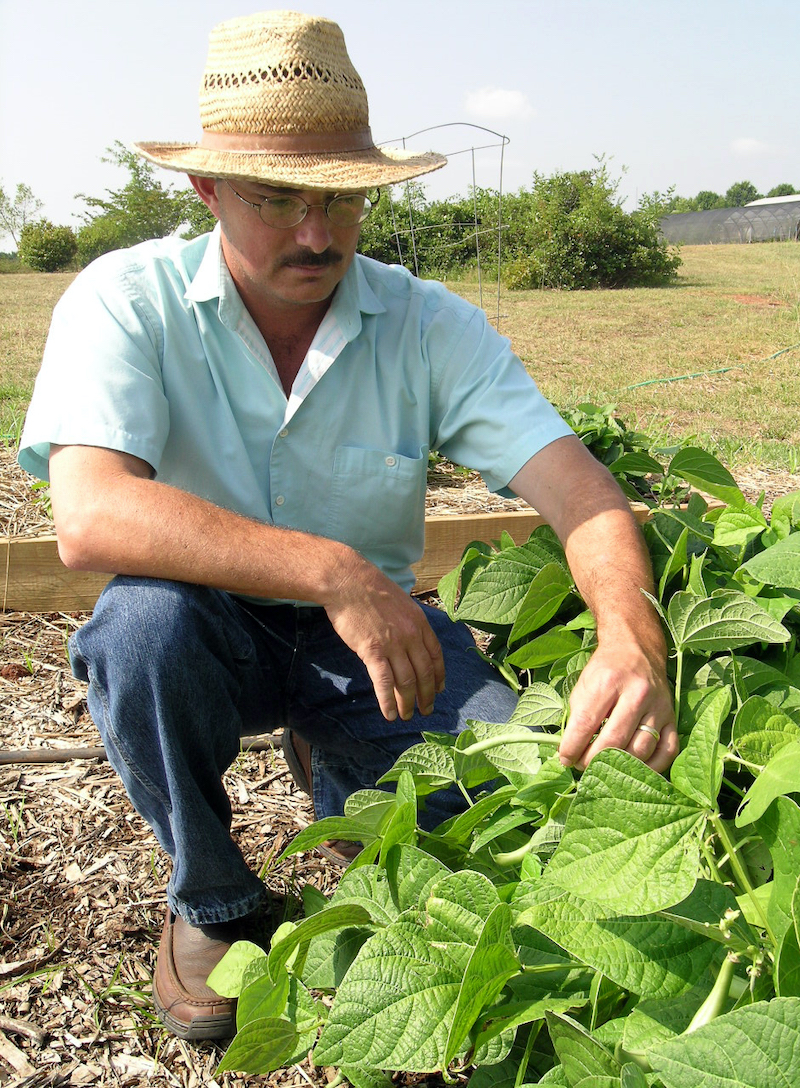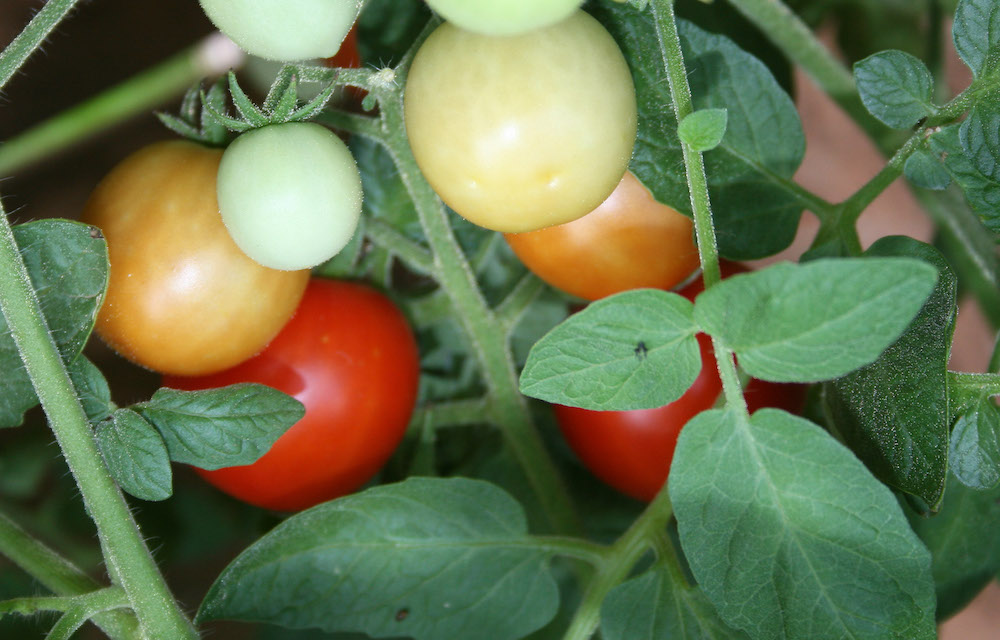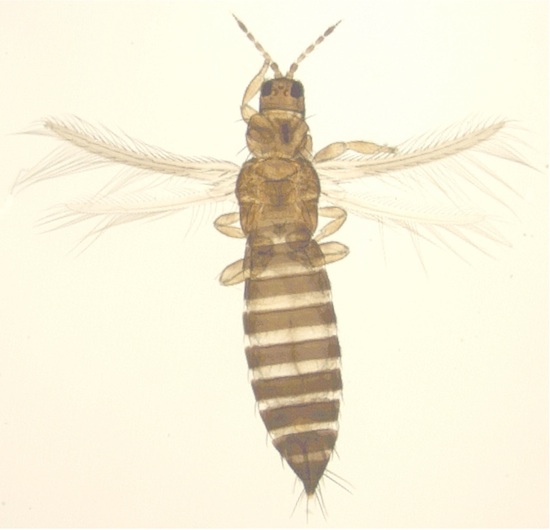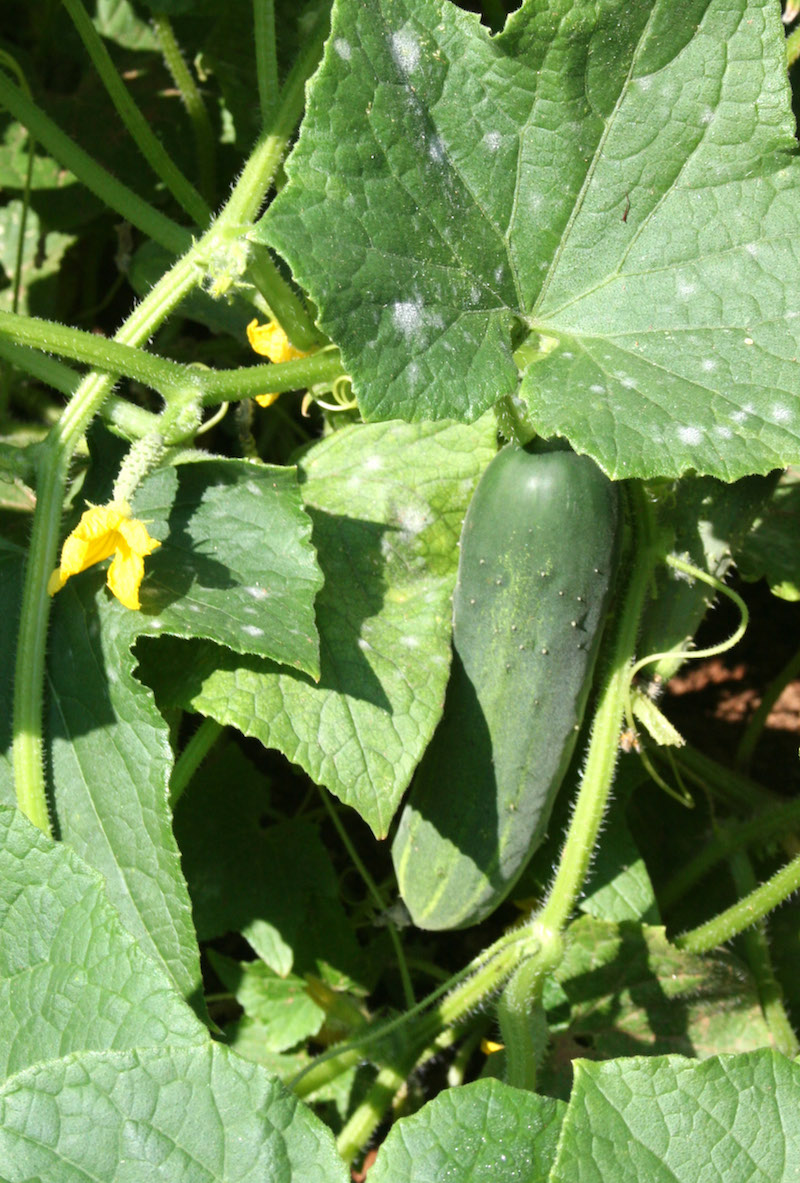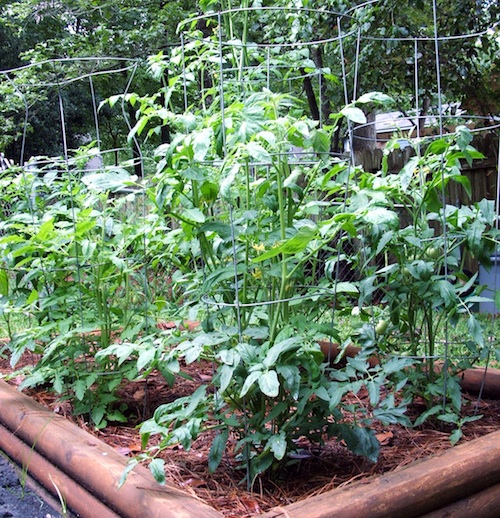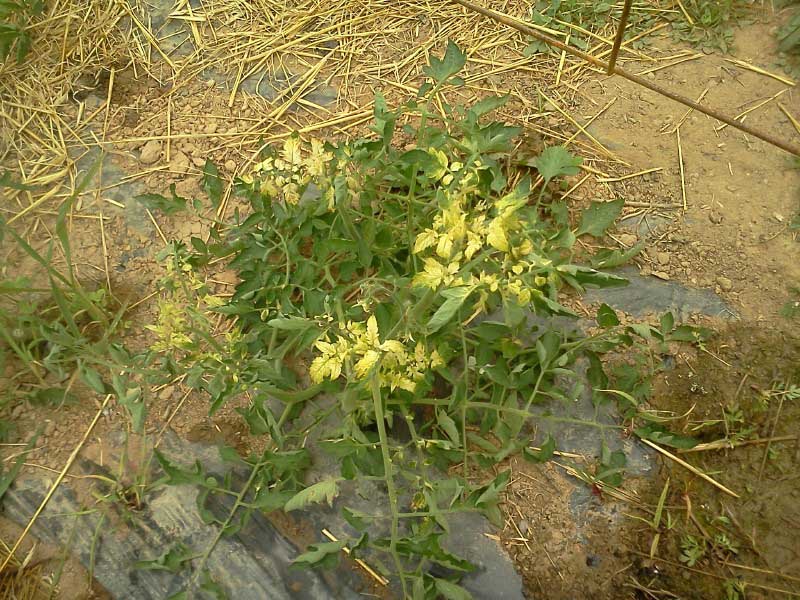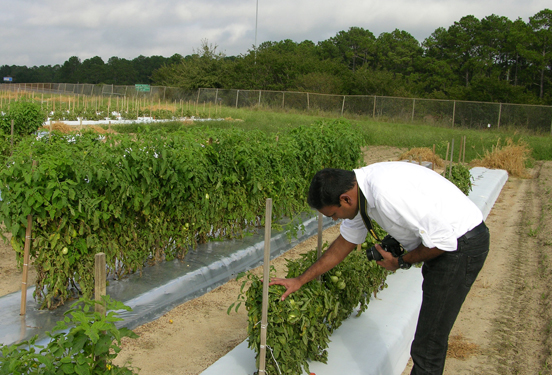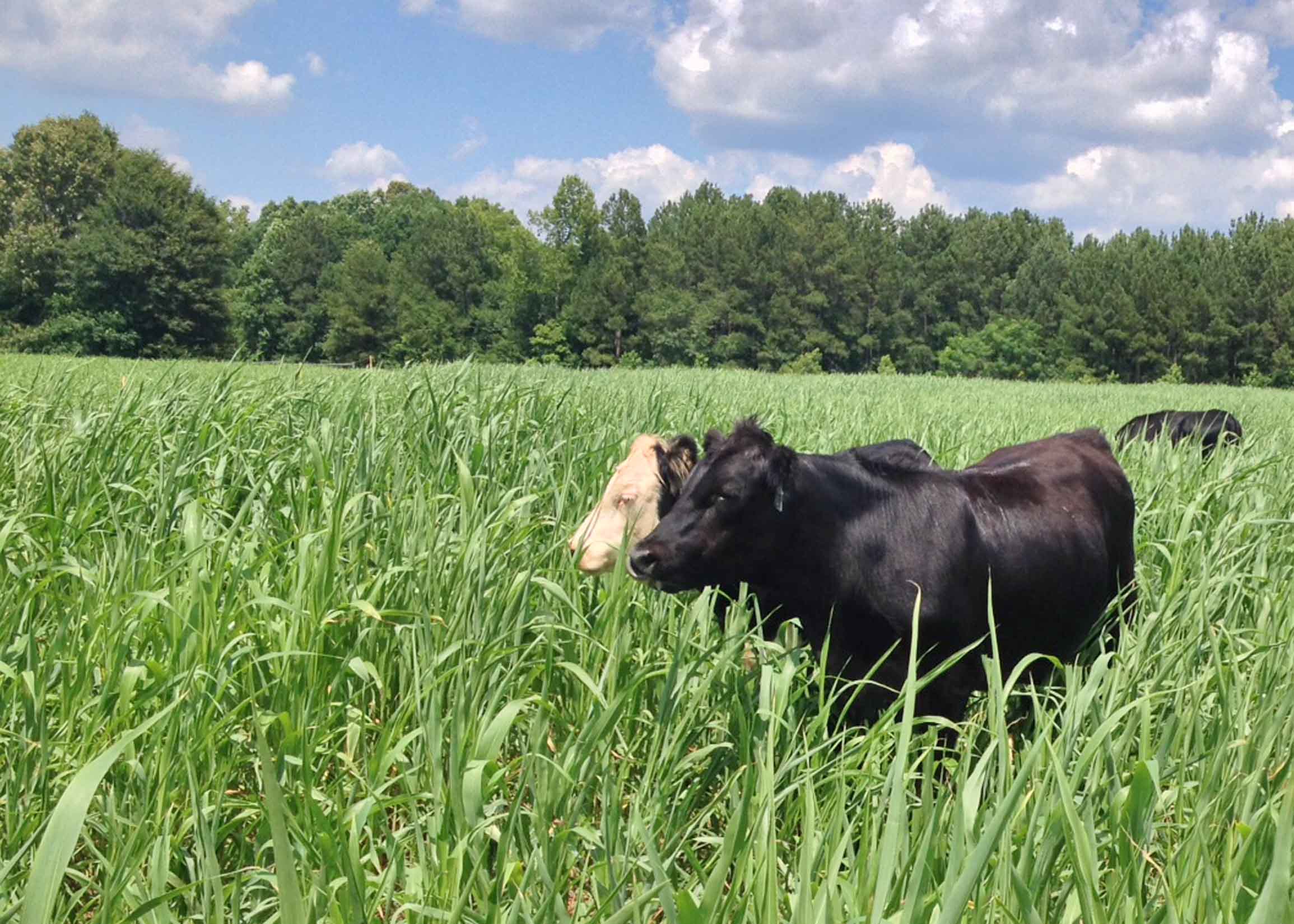 CAES News
CAES News
Farmgate Value Report
Led by increases in forestry and livestock values, Georgia’s agricultural output increased by $484 million in 2014, making agriculture, once again, the largest industry in the state with a value of $14.1 billion. According to the most recent University of Georgia Farmgate Value Report, published earlier this month, the value of Georgia’s livestock and aquaculture industries increased by almost 36 percent from 2013.

